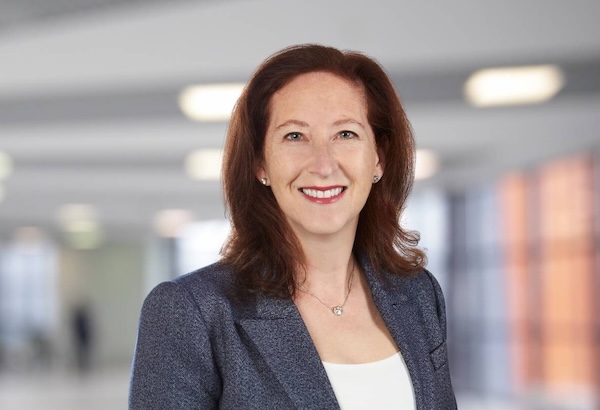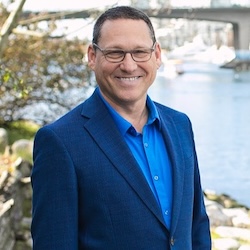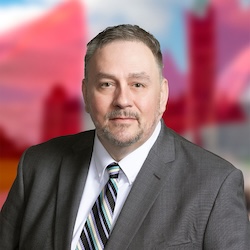In the closing days of the recent federal election campaign, CBC’s flagship news program, The National, found it newsworthy enough to run a segment about how many Canadian Jews were supporting the Conservative party, many for the first time. Concerned about the security of Israel and of Jewish communities here in Canada, these voters were attracted by the Conservative party’s pro-Israel expressions and concern for Jewish security domestically.
From this news report, and anecdotally, we know that among those first-time Conservative voters were traditional Liberal and New Democratic party supporters. Canadian Jews have generally leaned more progressive than the general population and, in the 20th century, were far more associated with the Liberal party. This election, however, there was a large number of Jews who made the choice to prioritize the security of our community and support for Israel above some of the other things that might generally determine their ballot choices. This is understandable – but it should never have come to this.
Traditionally, in the United States and Canada, there was a multi-partisan consensus that Israel has a right to exist and defend itself. More than this, certainly, Canada’s very identity is founded on the idea that cultural communities feel welcomed and included. But both of these assumptions have frayed, and Jewish voters responded to this changed reality.
The New Democratic and Green parties contain individuals who are highly critical of Israel, including many even high-profile candidates who contest the country’s very right to exist. It is not a surprise that Jews would perceive this opposition to Jewish self-determination in Israel as indifference to the security of Jewish people everywhere.
Meanwhile, as the Conservative party has become even more entrenched as a pro-Israel party, the Liberal party has taken a range of sometimes contradictory positions.
On social media and in a flurry of emails throughout the election campaign, Jewish community members at times accused the Liberal party of being irredeemably antisemitic. But middle-of-the-road political parties tend to be big-tent affairs and this creates tensions. Within the Liberal party, both its parliamentary caucus and its grassroots membership, there are pro-Israel and anti-Israel voices, as well as, we would venture to guess, a large number of people who wish this no-win issue would just go away.
It should never be the responsibility of a Canadian cultural community to beg, plead or lobby for respect for their personal and collective security. Any party that aspires to government should guarantee this as a matter of course. Even so, a political party is, in the end, nothing more than the people who make it up.
Admittedly, our parliamentary system and traditions place a great deal of authority in the prime minister’s office, with power trickling down to cabinet ministers, caucus members, party officers, activists and eventually to grassroots members. Without being too idealistic or delusional about the ability to alter the trajectory of a large ship, the most effective way to influence a party’s policy is still to get involved in it.
It is sometimes said that, if you don’t vote, you can’t complain about the government. This is facile and simply untrue – everyone, in a democracy, is free to both skip the election and kvetch about the outcome. The point, though, is that, small-l liberal Canadian Jews who cast a vote that didn’t align with their values except on Israel and Jewish security might solve their ideological dissonance by getting involved in the party that best represents them on issues other than Israel and Jewish security. If they were able to drag those parties back into a multi-partisan consensus around Israel’s right to defend itself and about the full inclusion of Jews in Canadian multiculturalism, they might not be forced to make such a difficult ballot choice in future elections.
We are all busy. Asking people to take time out to attend often-dull local meetings of federal political parties is kind of a big ask. But those people who felt a moral tug at being “forced” to vote against their social and economic views have an opportunity and a challenge – as does anyone who seeks to influence a party’s policy, either to change it or to support it.
If Jews have been made to feel unwelcome in some political parties, that is the fault of the parties themselves and it is victim-blaming to suggest that a lack of Jewish engagement justifies policies that isolate Jews. Still, changing, or supporting, parties’ policies will be best achieved by more Jews and allies engaging at the grassroots level. If successful, Jews will be able to vote their consciences knowing that their security as Jewish citizens of Canada – and our country’s commitment to the security of the state of Israel – is safe no matter which party wins.







